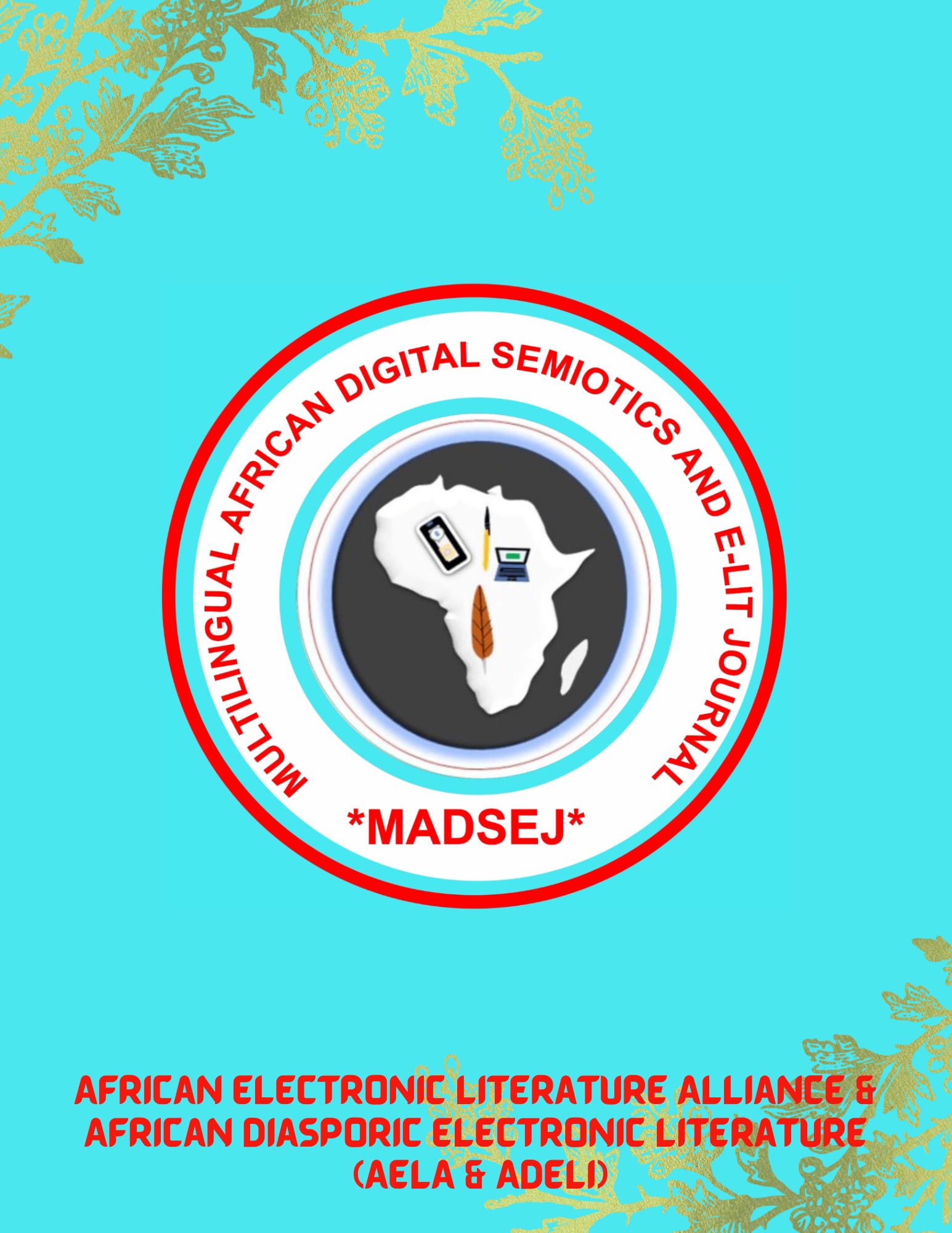Emerging Global Trends and the Teaching of Literature
Keywords:
Teaching, African storytelling, Electronic literature, Literature, Teaching techniquesAbstract
Teaching in all sectors is evolving from traditional methods to embrace technology’s multi-faceted reach and potential to expand knowledge and make learning more effective and efficient. As technology advances, so too, does the professional world and consequently education grow and transform. The education sector now can work with a plethora of emerging, innovative teaching techniques, thus creating a more dynamic and impactful learning environments, effective and efficient acquisition of knowledge and skills for the achievement of specific goals. Technology-based learning techniques boast tools to help students address academic challenges. Literature can now also embrace technology through electronic literature (interactive fiction, digital storytelling, narrative games, etc.), which uses games, images, videos, sounds, links, navigations and other digital qualities as an essential part of the reading experience. There are specific tools that could be used in Nigeria, such as writing for cell phones or using an Internet in a Box for schools or communities that may have a computer, but lack internet access. This paper examines the emerging technological trends to better inform local teaching in Nigeria and to most effectively use available technological resources.
Downloads
References
Acheson, Katherine, editor. Early Modern English Marginalia. Routledge, 2019.
Ayeni, Adeolu Joshua. "Teachers’ Professional Development and Quality Assurance in Nigerian Secondary Schools." World Journal of Education, vol. 12, 2011, pp. 143-149. https://doi.org/10.5430/wje.v1n2p143
Bassey, Faith, and Deena Larsen. "The Water Seller (Mai Ruwa)." The New River: Online Journal of Art and Literature, 2023, https://thenewriver.us.thewaterseller.
Begum, Nusrat Ara. "Traditional Methods versus Modern Strategies of Educational Instructions." Texila International Journal of Psychology, vol. 3, no. 1, 2018, pp. 1-12. https://doi.org/10.21522.TIJPY.2016.03.01. Art001
Bolter, Jay David. Writing Space: Computers, Hypertext, and the Remediation of Print. Routledge, 2001.
Carstens, Kaite J. et al. "Effects of Technology on Students' Learning." EJI, 2021, https://files.eric.ed.gov/fulltext/EJI29 0791pdf.
Costly, Kevin C. "The Positive Effect of Technology on Teaching and Student Learning." Arkansas Tech University, 2014, pp. 1-11.
Dewey, John. Dewey on Teaching and Teacher Education. Springer,1997, https://link.springer.com. Accessed 8
Mar. 2024.
Enock, N. "Oral and Written Literature." Literature
in English Lesson Notes Form, 2022, https://fliphtmls.com/gmaid/cfxh. Accessed 8 Mar. 2024.
Isa, S. G., et al. "The Impact of Teaching Methods on Academic Performance of Secondary School Students in Nigeria." International Journal of Development Research, vol. 10, no. 7, 2020, pp. 37382-37385. Isola, Rajagopalan. "Concept of Teaching." Shanlax International Journal of Education, vol. 7, no. 2, 2019, pp. 5-9.
Manovich, Lev. The Language of New Media. MIT Press, 2001.
Shah, Bilal, and Nazir Khaskheli. "Literature in the Digital Age: Challenges and Embracing Opportunities." Area Study Center Quaid-i- Azam University Islamabad, vol. 7, no. 4, 2023, https://powertechjournal.com.
Vaidya, Shubhangi, et al. Comparative Literature: Theory and Practice. Indira Gandhi National Open University, School of Humanities, 2018.

Published
Issue
Section
Categories
License
Copyright (c) 2024 Faith Bassey, Deena Larsen

This work is licensed under a Creative Commons Attribution 4.0 International License.
-
Copyrights remain with the authors, who grant the journal the right of first publishing their submitted manuscripts. All materials published by MADSEJ is under an Attribution 4.0 International Creative Commons License which make them accessible to the public and to be shared since authorship and first publication credits are cited.
-
The Attribution 4.0 International (Creative Commons) allows the copy and redistribution of the material in any medium or format, as well as its adaptation for any purpose, even commercially.
-
Authors are permitted to give contract for non-exclusive distribution of the version of their works published in MADSEJ. For example, distribution in an institutional repository or as a book chapter but the authors should give credit to MADSEJ as the first to publish the manuscripts as well as acknowledge MADSEJ.





